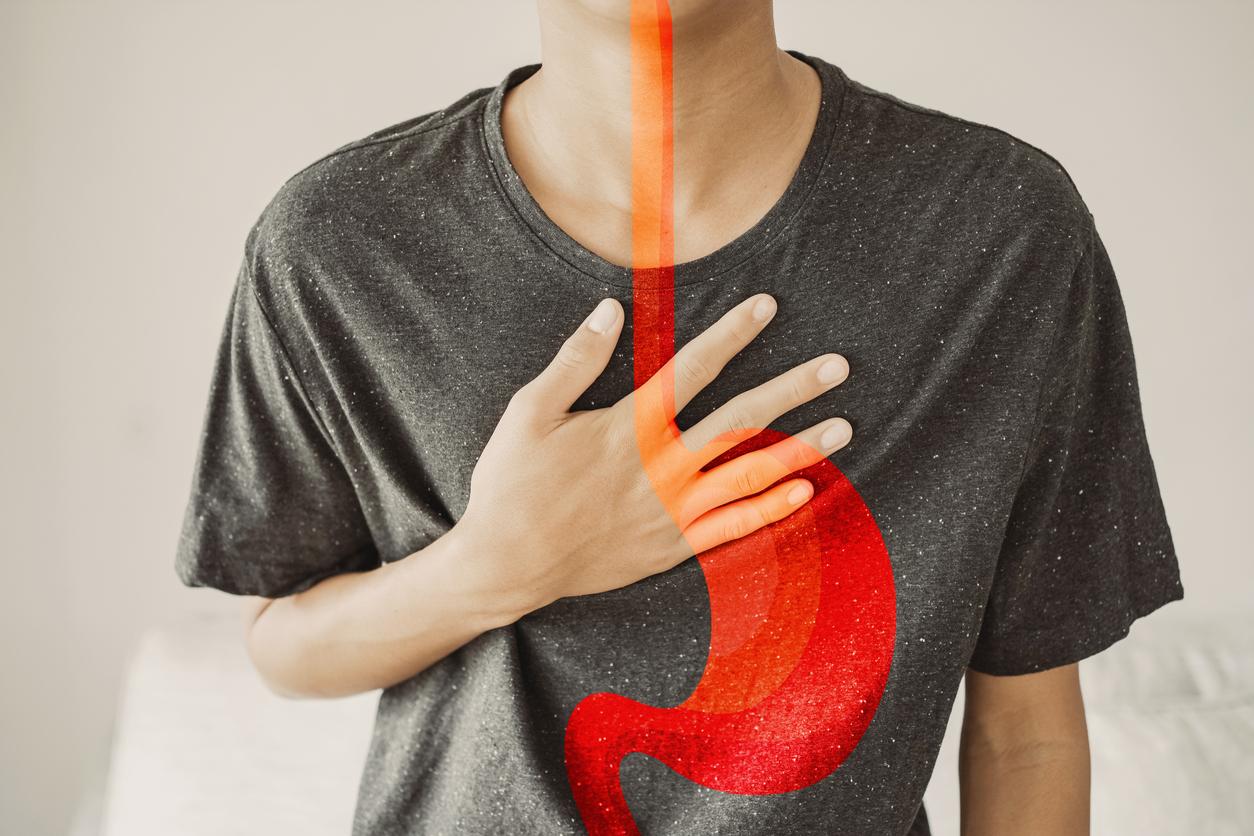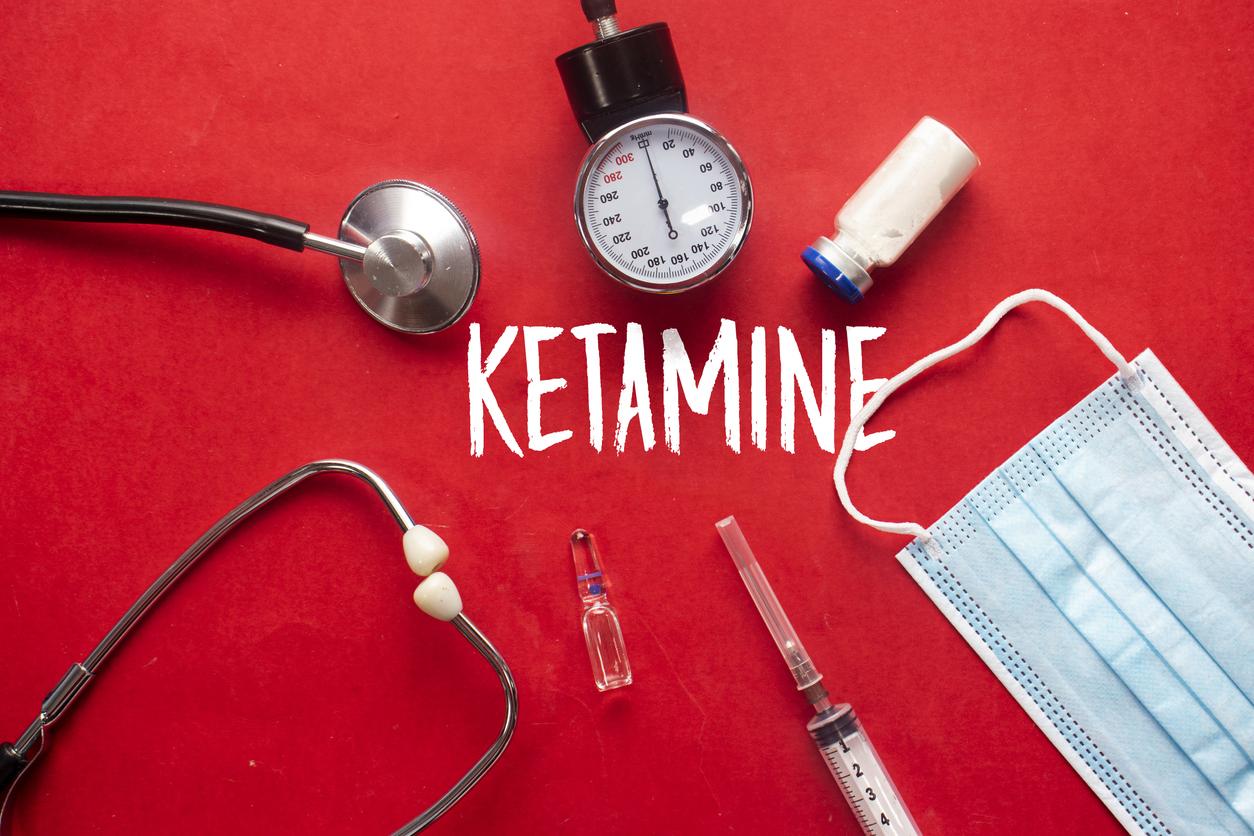Researchers have found a link between an increased incidence of gastroesophageal reflux disease (GERD) and anxiety and depression.

- A new study shows that anxiety and depression are associated with an increased incidence of gastroesophageal reflux disease.
- The prevalence of GERD was higher in men compared to women.
- For the researchers, their work shows that the psychological health of patients must be taken into account when treating GERD.
Gastroesophageal reflux disease, also called GERD, is characterized by part of the stomach contents moving up into the esophagus, causing heartburn or acid regurgitation. Being anxious or depressed could increase your risk of suffering from it, according to a new study.
This work by researchers from the Third People’s Hospital of Chengdu (China) appeared on March 19 in the journal Scientific Reports.
Gastric reflux: mental health impacts the incidence of the disease
To assess the effect of mental health on the incidence of GERD, scientists reviewed the records of 518 patients with gastric disease. Their stomach pH over 24 hours as well as their psychological well-being were assessed.
Data analysis shows a positive correlation between the severity of anxiety and depression and pH measurements, and therefore gastric disorder. “In the presence of mild anxiety, there is a statistically significant association with a higher incidence of GERD with an odds ratio of 2.64. Similarly, the moderately severe anxiety group also shows a causal relationship with a increased incidence of GERD, with an odds ratio of 6.84. Additionally, moderate to severe depression is linked to a higher incidence of GERD, with an odds ratio of 2.32”write the authors in their article.
Scientists also noticed that the prevalence of gastric reflux was higher in men than in women. Furthermore, a high BMI and age also increased the risk of suffering from this disorder.

GERD: better taking into account the mental health of patients
For the team of researchers, the results it highlighted can help to better manage patients with GERD “presenting psychosomatic symptoms” via “psychological or pharmacological interventions”. They also provide a “reference basis for clinical treatment of the disease”.
Scientists now want to carry out new experiments to identify “a series of methods of psychological adjustment to be used in patients with GERD, with the aim of alleviating the various symptoms and severity of the pathology and improving the quality of life of patients”.
While this study highlighted the effects of mental health on GERD, depression and anxiety are not the only risk factors for reflux. Among those identified for several years, we can cite:
- a fatty diet;
- caffeinated drinks and carbonated drinks;
- alcohol and tobacco;
- weight gain ;
- certain medications.

















